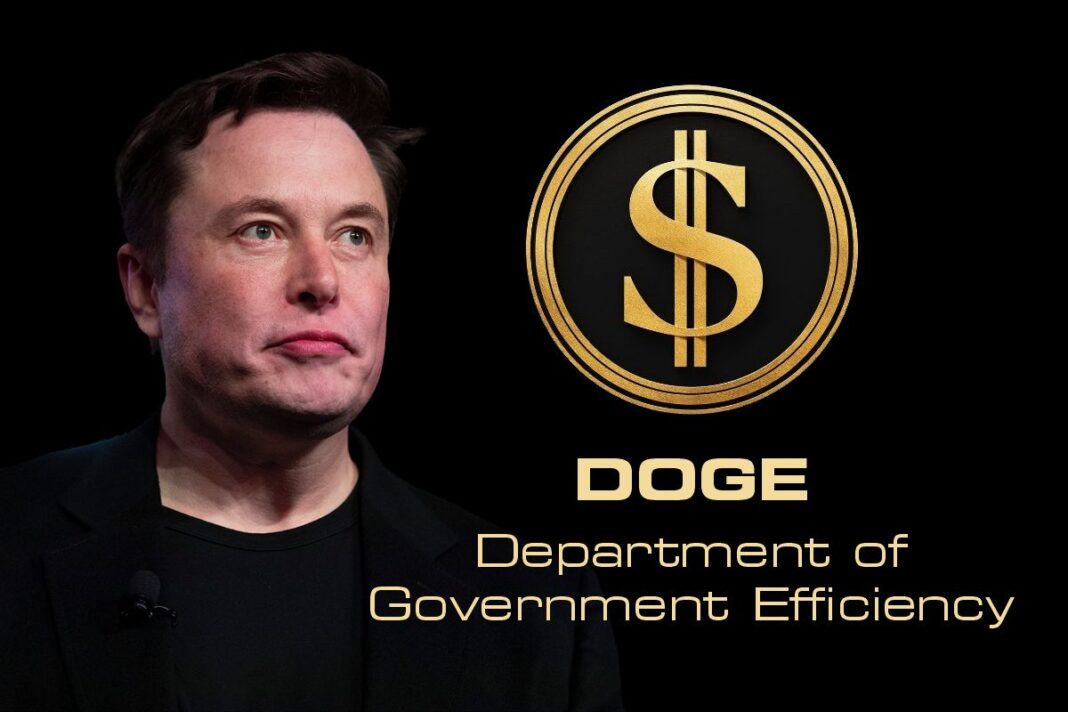
‘It’s dangerous for human beings to vaccinate the birds,’ the health secretary says.
U.S. Health and Human Services Secretary Robert F. Kennedy Jr. advised against providing vaccines to poultry amid a bird flu outbreak that has caused a steep increase in egg prices in recent months.
In an interview with Fox News on Tuesday, Kennedy said his primary concern with providing shots to egg-laying chickens is that the vaccine doesn’t provide complete protection against avian influenza.
“All of my agencies advise against vaccination of birds because if you vaccinate with a leaky vaccine—in other words, a vaccine that does not provide sterilizing immunity, that does not absolutely protect against the disease—you turn those flocks into mutation factories,” he said in the interview.
It is “much more likely to jump to animals if you do that,” Kennedy said, adding that officials with the Centers for Disease Control and Prevention, National Institutes of Health, and Food and Drug Administration (FDA) said “we should not be vaccinating” birds.
“It’s dangerous for human beings to vaccinate the birds.”
Since an outbreak of bird flu in the United States started in 2022, millions of egg-laying hens have been culled to prevent the spread of the virus. Egg prices have skyrocketed as a result, increasing to $4.95 per dozen on average in January 2025, according to recent data.
“We’ve killed 166 million chickens. That’s why we have an egg crisis,” Kennedy told Fox’s Sean Hannity, adding that bird flu is not transmissible via eggs or food.
“Most of our scientists are against the culling operation,” he said. “They think that we should be testing therapeutics on those flocks. They should isolate. You should let the disease go with them and identify the birds that survive, which are the birds that probably have a genetic inclination for immunity.”
The price for a dozen had consistently been around $2 for decades before the disease struck. The U.S. Department of Agriculture (USDA) said recently that it expects egg prices to rise 41 percent in 2025.
But the USDA reported last week that egg shortages are easing and wholesale prices are dropping, which might provide relief on the retail side before this year’s late Easter, which is three weeks later than last year. It said there had been no major bird flu outbreak for two weeks.







